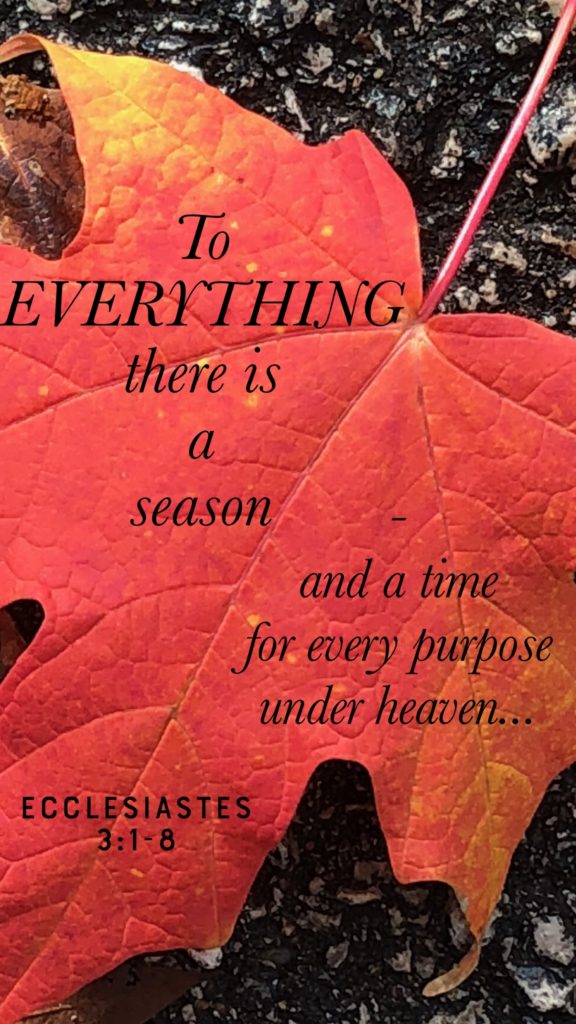It’s the first week of October here in the Midwest, which means that the leaf mold has started to spike and the trees have started to turn color, but it’s 95 degrees during the day and mosquitos still torment. We are told that it is autumn, and there is pumpkin spice everything, including, upon my honor, pumpkin spice mac and cheese, which would cause my sainted Okie Granny to haunt any of her grandchildren who brought such a concoction into our homes.
Yet many of my friends are happy, eagerly anticipating sweater weather—but it seems that the seasons refuse to cooperate. And to be honest, our readings in the lectionary on Sundays the last many weeks have not actively been designed to contribute to joie de vivre—and just at the time when church program years start up and visitors dot our pews. I sometimes get a glance of the shocked looks on their faces as the readings roll out their depictions of anger and destruction.
But scripture, at its best, both encourages and indicts. What speaks to us one moment can seem maudlin or saccharine or occasionally even out and out infuriating at another time. Different seasons in our lives sometimes bring us to encounter these texts in different ways. When I was in college, I had a poster in my dorm room of Eccelsiastes 3:1-8, written in calligraphy. Yes, I WAS that much of a Bible nerd, even one with a salty vocabulary.
But also, college was, as for many of us, a time of great adjustment and stress. It was a season of growth and change, which is why Ecclesiastes 3 was so comforting to me. Ecclesiastes’ wise observations provided a calming reminder to me when I would start feeling overwhelmed by all the things I had to do and learn as a first generation college student who was in three music ensembles and also working part-time at several different jobs.
I thought of that poster again after thinking about the pretty brutal readings we have heard in the lectionary on and off for the last few weeks. Dire warnings from Jeremiah all the back through September about desolation, cursing, with talk of being joyless, and grieving starting off our readings on Homecoming Sunday! This Sunday we will hear Zion described in harshly denigrating terms, and hear Psalm 137 simultaneously describing devastating grief for Jerusalem from a position of exile and oppression– and at the very end wishing a most violent fate upon the children of Babylon.
“To everything there is a season,” muses the Teacher in Ecclesiastes, “and a time for every purpose under heaven: a time to plant, a time to pluck up what is planted; a time to weep, and a time to laugh; a time to mourn, and time to dance….” Grief and anger side by side— millennia before the birth of psychology, the truth that diverse emotions jog along side by side at times, at other times they are piled atop each other like strata in a canyon. the Bible reminds us that the so-called “five stages of grief” are not encountered in a linear fashion, like beads on a rosary, but rather often carom off each other like a pinball.
Haven’t we all experienced emotions as strong as this? That’s where our scriptures are a treasure for their acknowledgement of the unvarnished truth of human life in all its messiness– and of how God, too, experiences anger and pain and suffering as well as love and delight and always, unfailingly grace and forgiveness. One of the great treasures of Biblical literature for me is that it is relentlessly real when it comes to human emotion, reminding us of God’s presence with us in good times yes, but especially in trials.
And that’s something for which we all can give thanks, even as we hear scripture readings that are less-than-rosy in their outlook. The reminder that there is a time and a season for everything helps us to treasure those parts of scripture that boldly proclaim anger and helplessness as much as gratitude and triumph.

